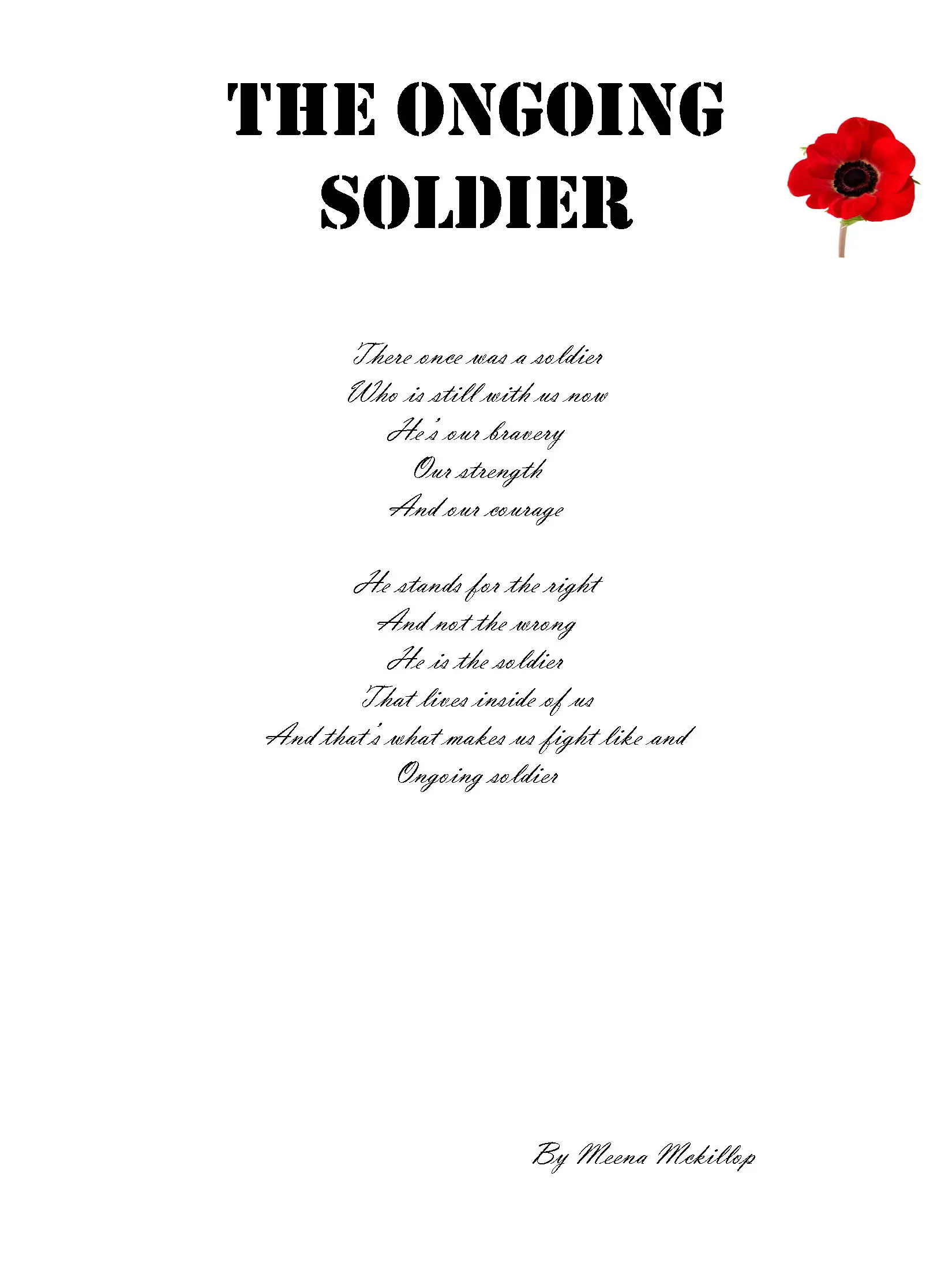
Short Poetry About War: A Profound Examination of the Devastation and Resilience
War, a scourge upon humanity, has left an indelible mark on the human psyche. Poets, throughout history, have grappled with its horrors, seeking to capture the essence of its brutality and its lingering effects. Short poetry about war offers a concentrated and impactful exploration of this devastating subject, conveying a wealth of emotions and insights within a concise form.
Diverse Writing Styles for Short War Poetry
Various writing styles can effectively convey the complexities of war in short poetry. Here are some commonly employed techniques:
- Free Verse: Unrestrained by strict rhyme or meter, free verse allows poets to convey the raw and fragmented nature of war.
- Lyric Poetry: Expressing personal emotions and reflections, lyric poetry provides an intimate perspective on the experiences of war.
- Narrative Poetry: Telling a concise story or recounting an event, narrative poetry depicts the unfolding of war’s events and their impact on individuals.
- Haiku: Originating from ancient Japan, haiku offers a minimalist snapshot that captures the essence of war’s brevity and intensity.
Short Poetries About War
Elegy for the Lost
Blood-stained fields, a silent plea,
Young lives shattered, dreams set free.
Echoes of anguish linger on,
In hearts forever torn and gone.
Scars of Battle
Shrapnel wounds etched upon his face,
A testament to war’s embrace.
Haunted by horrors he can’t speak,
His silence bears the weight he seeks.
Resilience Amidst Ruin
Amidst the rubble and despair,
A flicker of hope beyond compare.
From ashes rise indomitable souls,
Their strength a beacon as darkness tolls.
Tips for Writing Short Poetry About War
- Draw on Personal Experiences or Research: Explore your own experiences or immerse yourself in historical accounts to gain a deep understanding of war’s impact.
- Choose a Specific Perspective: Decide on the viewpoint you want to convey, whether it’s that of a soldier, a civilian, or an observer.
- Use Vivid Imagery and Sensory Language: Engage the reader’s senses by employing evocative language that paints a vivid picture of war’s sights, sounds, smells, and emotions.
- Experiment with Form and Structure: Don’t be afraid to experiment with different poetic forms and structures to find what best conveys the theme of war.
Tips for Reading Short War Poetry
- Read Slowly and Immerse Yourself: Take your time to absorb the words and let the emotions they evoke resonate within you.
- Pay Attention to Symbolism and Metaphor: Analyze the use of symbols and metaphors to uncover deeper meanings and interpretations.
- Consider the Historical Context: Understand the historical context in which the poem was written to gain a richer understanding of its significance.
Important Questions and Answers
What is the purpose of short poetry about war?
To convey the devastating impact of war, explore personal experiences, and inspire reflection on its enduring legacy.Why is it important to study war poetry?
It provides a unique perspective on the human toll of war, promotes empathy, and helps us learn from the mistakes of the past.How can I become a better writer of war poetry?
By studying existing war poetry, experimenting with different writing techniques, and seeking feedback from others.
Conclusion
Short poetry about war offers a profound and moving exploration of the devastation and resilience that result from this human tragedy. Through the use of various writing styles and techniques, poets have captured the essence of war’s horrors and the indomitable spirit that endures amidst its darkness. By delving into these poems, we can gain a deeper understanding of the complexities of war and its lasting impact on individuals and society.
Remember to respect the intellectual property of others. Avoid plagiarism by citing the original author when sharing or using their work. Be an advocate for the power of words and the importance of sharing our stories.
